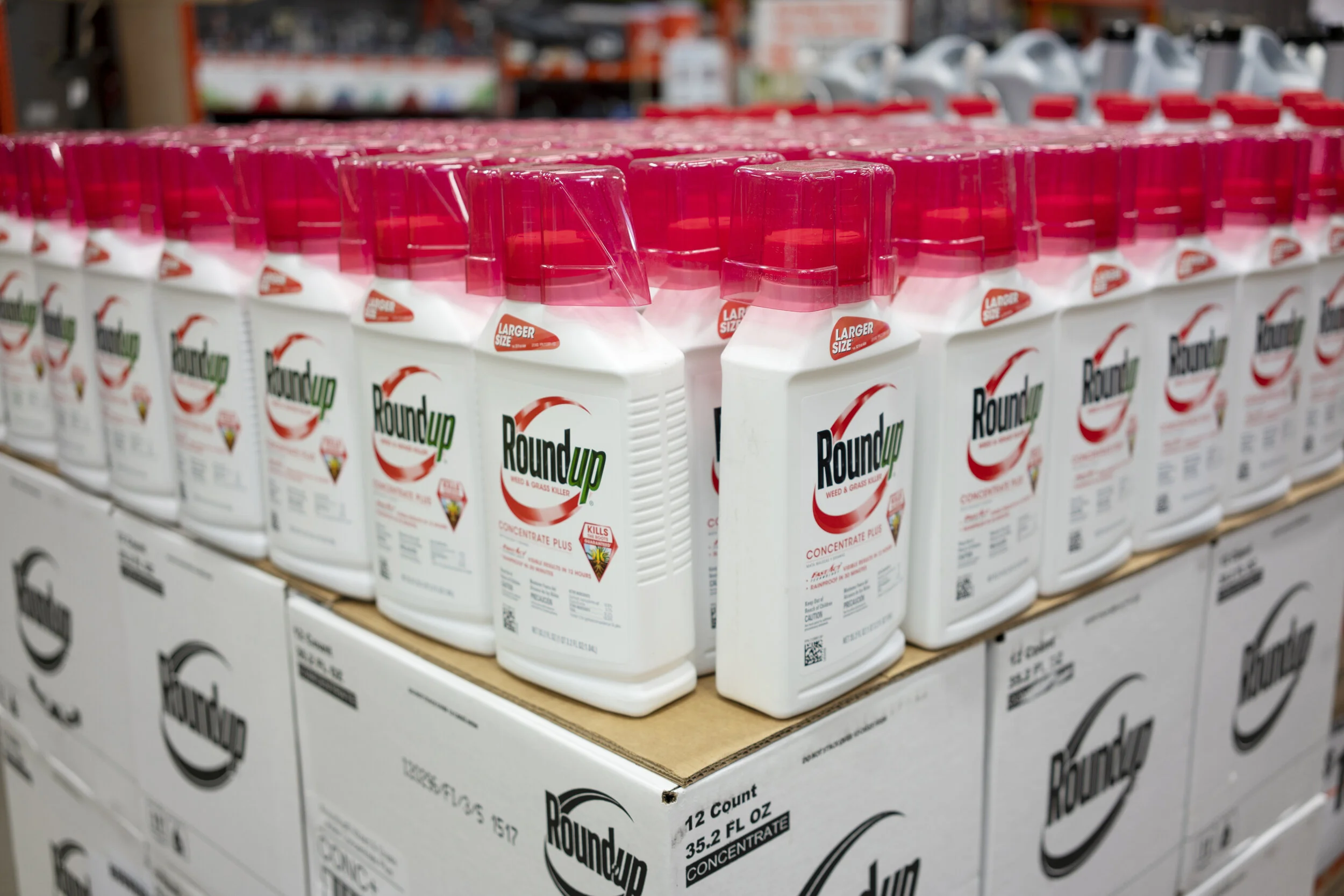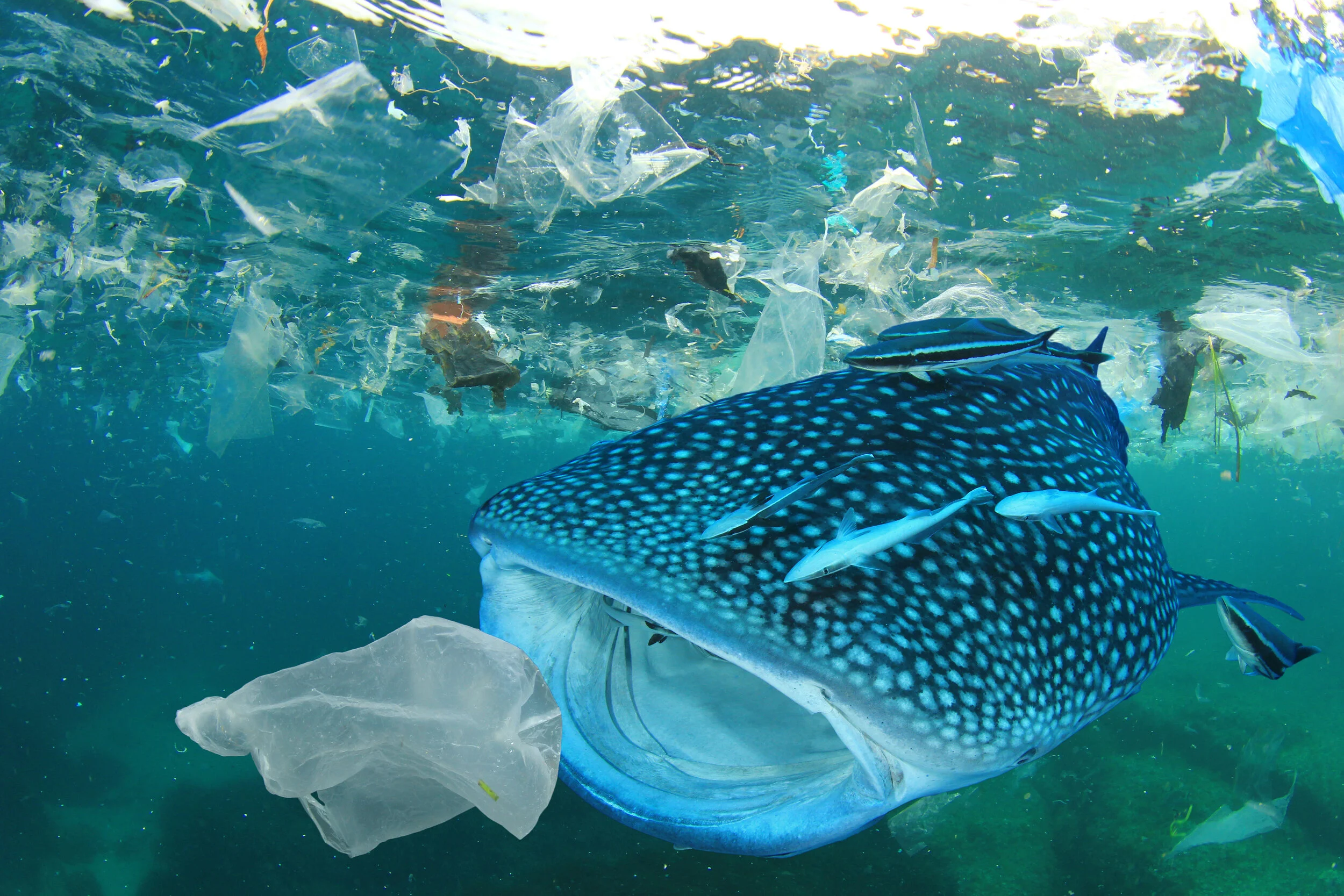NANOMATERIALS
Nanotechnology is the science of manipulating matter at the molecular scale to build structures, tools, or products. This emerging science offers new opportunities for food industry applications, such as stronger flavorings and colorings. However, at such a small scale, nanoparticles are more likely to pass through biological membranes, circulate through the body, and enter cells, potentially causing harm as they move through the body.
The introduction of nanotechnology into the food industry has raised significant concerns for both consumers and investors. The risks and benefits of this emerging technology are still being discovered and there is a disconcerting lack of scientific studies on the effects nanomaterials have on human health and the environment.
BACKGROUND
It is reported that nanotechnology is already being used in food and food related products. However, due to the food industry’s lack of transparency on the issue, concrete information about whether, and to what extent, nanomaterials are being used in food products is difficult to obtain.
The risks and benefits of this emerging technology are still being discovered, and there is insufficient scientific data on the effects nanomaterials have on human health and the environment. Many peer-reviewed studies indicate a range of potential health harms associated with consumption of nanomaterials.
Regulatory agencies are also not up-to-speed on nanotechnologies. The EPA found that approximately 90% of nanoscale materials that are likely commercially available for the industry were not reported under the organization’s voluntary reporting program. Similarly, The Food and Drug Administration has recognized that ingredients that are generally recognized as safe at the macro level may not be safe at the nanoscale.
Read the National Institute for Health Sciences' nanomaterial research to learn more
Shareholder Actions
As You Sow filed the first shareholder resolutions on nanomaterials and food safety in 2008, asking Kraft and McDonald’s to report on their use of nanomaterials in their products and packaging.
In 2009, our dialogue with McDonald’s resulted in the company publicly stating that it “does not currently support the use by suppliers of nano-engineered materials in the production of any of our food, packaging, and toys.”
Kraft also responded with a public statement about their use of nanomaterials in food and food packaging including that “If we ever intend to use nanotechnology, we will make sure that the appropriate environmental, health and safety concerns have been addressed.”
In 2011, to help increase knowledge about nanomaterials in the food supply chain, As You Sow released a framework on sourcing nanomaterials for food and food packaging. The Framework provides guidelines for food and food packaging companies to assess their exposure to, and the potential risks of, sourcing products that contain nanomaterials, including recommendations on what information they should obtain from suppliers regarding the safety testing of nanomaterials and products containing nanomaterials.
In 2013, to gain a more accurate understanding of industry policies and the current status of nanomaterial use in the U.S. food market, As You Sow conducted a survey of 2,500 food manufacturers about their use of, and policies related to, nanomaterials in food products. The vast majority of companies, however, failed to respond to the survey, maintaining a marked lack of transparency on the issue.
As You Sow began testing food items favored by children for nanomaterials and found that two popular brands’ white powdered sugar donuts do contain nanomaterials. The results of our survey and a description of our testing results are discussed in Slipping Through the Cracks: An Issue Brief on Nanomaterials in Foods. This brief aims to inform companies, investors, and consumers about the emerging use of engineered nanomaterials in food and food related products. It highlights the potential risks of nanotechnology for companies who are knowingly or unknowingly using it in their products and for public health.











